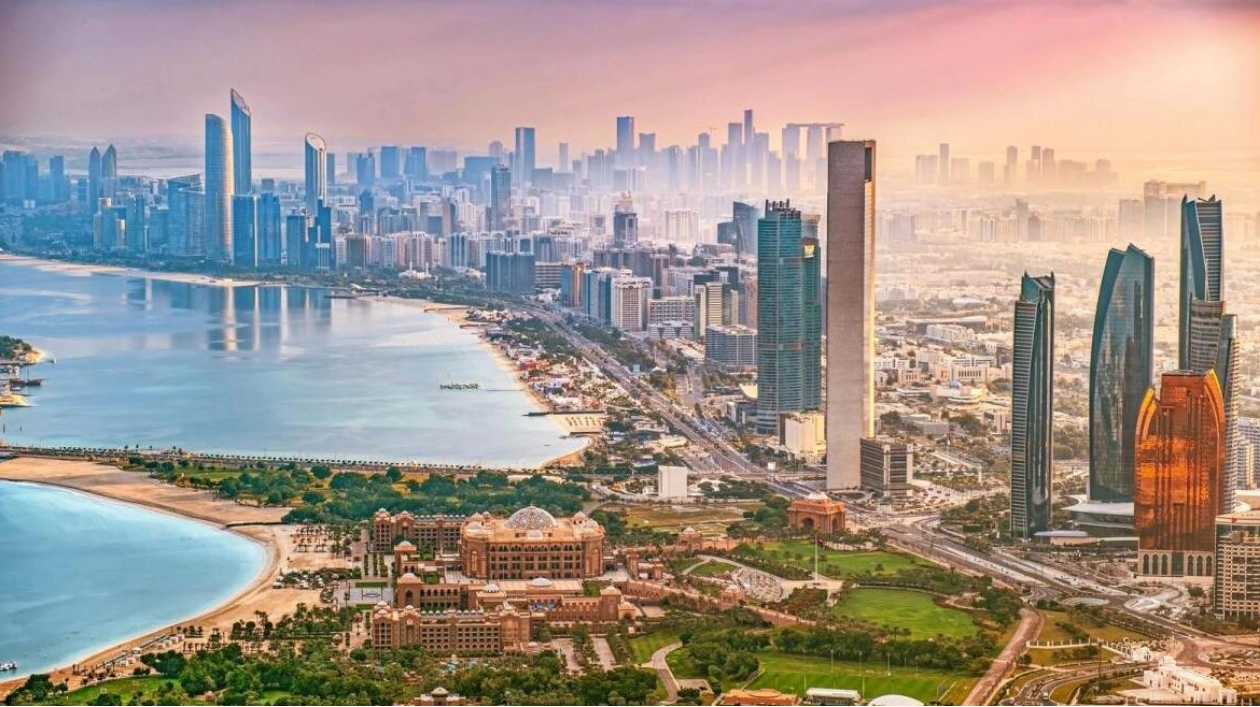Abu Dhabi and Dubai continue to lead as the most liveable cities in the Middle East and Africa, enhancing their standings in healthcare and education, as per the 2024 Global Liveability Index by the Economist Intelligence Unit (EIU). Dubai secured the second position, underscoring its advancements in these sectors. According to the 'Crime and Safety Indexes' from Numbeo, Abu Dhabi ranks among the world's safest cities, topping the global Safety Index with 88.2 points and scoring the lowest on the Crime Index at 11.8 points. Dubai, on the other hand, is ranked fifth globally for safety.
In healthcare, Dubai saw a significant increase in licensed and operational facilities, totaling 5,020 in the first quarter of 2024, with 13,370 licensed doctors. Abu Dhabi boasted 3,323 healthcare facilities during the same period, including 67 hospitals, 1,136 health centers, 765 clinics, 1,068 pharmacies, and 287 other healthcare establishments, with 12,922 licensed doctors by the end of 2022.
Education-wise, Abu Dhabi had 459 schools, comprising private, public, and mixed institutions, in the 2023-2024 academic year, while Dubai had 220 private schools. The region's top ten cities included Gulf countries such as Kuwait City, Doha, and Bahrain, reflecting their stability and growing global influence. The six-member Gulf Cooperation Council (GCC) remains a global economic powerhouse, attracting talent and investing heavily in capital.
The global index evaluates 173 cities across five categories: stability, healthcare, culture and environment, education, and infrastructure.






